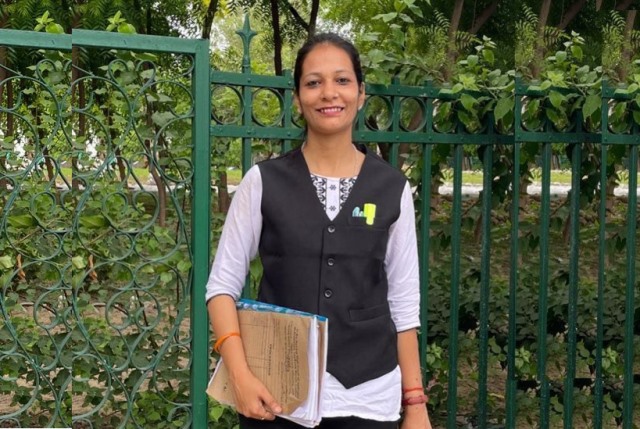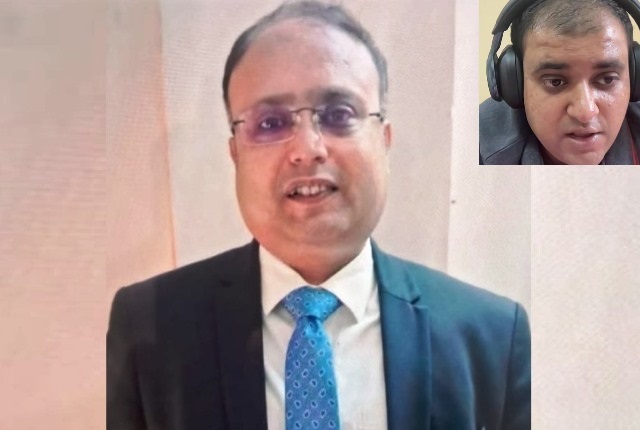Alka Dwivedi, a trainee lawyer at Lucknow Bench of Allahabad HC, says while domestic violence was always in news, social media is exposing cases of alimony extortion. Her views:
I can still vividly recall the suicide of software engineer Atul Subash, which I consider a classic example of ‘alimony extortion’: Subash hanged himself after recording an 80-minute video wherein he gave out the details of consistent harassment by his wife Nikita Singhania.
The deceased also accused the Jaunpur (UP) district judge of demanding a bribe of ₹5 Lakh to settle the case, raising a serious concern on our judicial system. The video was posted by Subhash on his social media account and it went viral. As it created an outrage, the mainstream media too splashed it on TV screens and newspapers.
Legally speaking, a wife can file a complaint against his husband under section 498A of the IPC, The Hindu Marriage Act and the Domestic Violence Act 2005. However, there are many instances where a wife institutes a false complaint against her husband and the husband, in many cases, has no remedy since the laws of India are tilted towards women.
It is also crystal clear from this unfair nature of laws that the “Burden of Proof” in laws dealing with protection of women lies on the accused to prove his innocence and the husband (and in many cases his family members) are immediately apprehended as soon as the wife lodges an FIR that is without an opportunity of being heard, they are considered accused.
ALSO READ: ‘A Law With Noble Intentions Has Become A Tool For Extortion’
Ironically, there are many laws to dictate the dos and don’ts to a husband, but unfortunately, there is nothing in the hands of the husband to safeguard himself against his wife’s nefarious intentions. It seems that the possibility of the husband being harassed by the wife has been deliberately ignored by the lawmakers.
One of the most discussed aspects of this issue is the data that reveals its prevalence. According to the National Crime Records Bureau (NCRB), in 2020 alone, over 85,000 cases were registered under Section 498A of the IPC and shockingly enough, out of these, 5,821 cases were declared false upon police investigation, underscoring the significant misuse of this provision. Judicial findings further paint a grim picture.
A study of divorce cases between 2010 and 2020 revealed that nearly 25% of alimony claims involved exaggerated demands or unfounded allegations. Another shocking figure came up that between 2010 and 2020 where over 2,000 cases of male suicides were linked to family disputes and harassment during divorce proceedings, as per NCRB data.
Social media in India has become a platform where individuals involved in divorce and alimony cases can share their experiences, including allegations of false claims. This has led to a growing awareness and discussion about the issue of potentially fabricated alimony demands and the impact of such claims.
The social media is also increasingly playing a role in divorce and alimony cases in India, with posts, messages, and other content often being used as evidence, it is also increasingly becoming a tool to expose instances of alleged misconduct, financial discrepancies, or other behaviors relevant to the case, potentially impacting the outcome of alimony claims.
As told to Rajat Rai

